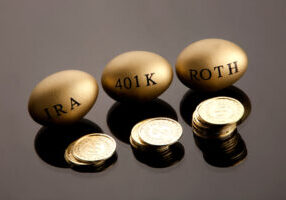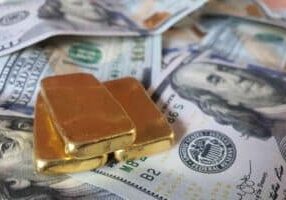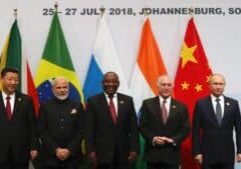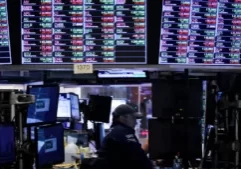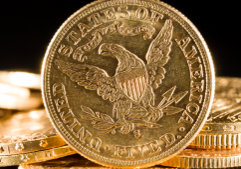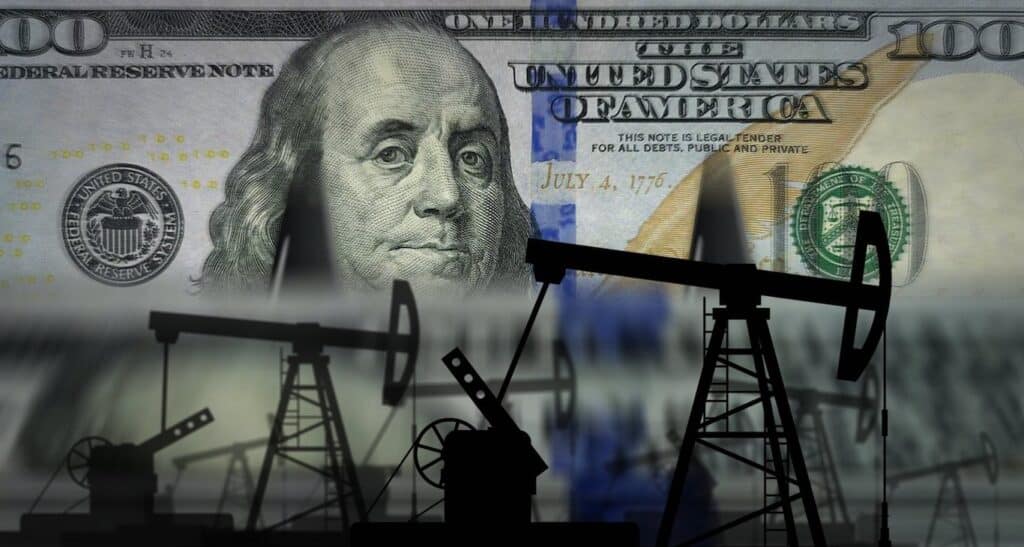
De-Dollarization: A Time to Invest in Precious Metals?
The central banks that have circumvented the dollar-based financial system are the ones that have purchased the most gold.
Why De-Dollarization Is Increasing the Demand for Gold
Although the U.S. dollar is still the most widely used currency in the world for the time being, its supremacy is coming under more and more pressure as the popularity of alternative payment options rises. The dollar may soon face competition from other currencies, as indicated by recent developments such as the internationalization of the Chinese yuan and the growth in gold holdings around the world. This is why many investors are turning to the traditional haven of gold investment, including Gold IRAs.
Globalization of the U.S. Dollar – How It All Began
Due to an agreement reached in the 1970s between the United States and Saudi Arabia, the dollar became the primary currency used in transactions between these two nations. As a result of this arrangement, other oil-exporting countries began to accept the dollar as payment, and the dollar became accepted around the world as the currency of choice for oil and trade.
The Emergence of the Petrodollar System
Some nations exported so much oil and acquired so much U.S. currency that they were unable to spend it all. If the country that accepts U.S. dollars as payment is unable to spend all of them, the excess dollars are effectively removed from circulation. The money that these nations were unable to spend became known as petrodollars.
Petrodollars are a sort of currency that is used all over the world to settle oil transactions. This system is the worldwide practice of exchanging oil for dollars rather than any other currency. It is also known as the “dollarization” of the oil market. This implies that regardless of whose country purchases the oil, they must make their payment to the oil-producing nation in petrodollars, which is money based on the United States dollar.
Learn More About the Security of a Precious Metals IRA
Why Is the Dollar Falling Today? | Geopolitics & Oil Markets
Trading oil and gas in US dollars strengthened the United States’ position as the global trade superpower. China and Russia were unable to avoid holding US Treasury securities and amassed enormous dollar reserves. However, many geopolitical and economic variables are currently working against the dollar’s dominance. For the dollar, increased globalization was already a ticking bomb. China’s emergence as the next potential economic superpower and Russia’s exclusion from the dollar-pegged SWIFT system are now driving this historic shift.
Decline of the U.S.-Saudi Strategic Partnership
Saudi Arabia is the world’s largest crude exporter and has been De-Dollarization: A Time to Invest in Precious Metals? One of the core allies of the U.S. in the Middle East. The Saudi kingdom also leads the OPEC nations and has been the largest crude supplier to the United States.
Over the years, the U.S. has reduced its oil imports by building strategic reserves. In the 1990s, the U.S. purchased 2 million barrels of Saudi crude per day. This dropped to 500,000 barrels per day in 2021, a 75% decline in two decades. Saudi Arabia wants stronger U.S. backing in the Yemen conflict and disapproved of the nuclear deal with Iran. Subsequently, Saudi royalty has grown dissatisfied with recent U.S. Middle East policies.
The Saudi-China Relationship Grows
The implications are obvious. Since Russia attacked Ukraine in February, Saudi Arabia has ignored U.S. and E.U. pleas to increase crude supply quotas to lower oil prices. OPEC countries, including Russia, maintained their original plan of a slight increase in supply, by a mere 432,000 barrels per day. The lack of response to Western calls has a reason beyond the U.S.- Saudi disputes. Chinese-Saudi cooperation is expanding. Saudi Arabia’s oil trade arrangements have changed in recent years, largely due to China’s increased collaboration, and not just in the energy industry. China has extended its influence through bilateral collaboration in infrastructure, trade, and investment.
According to a U.S.-China investment tracker, Chinese investments in Saudi Arabia hit almost $44 billion in 2021, and China purchased over 540 million tons of crude oil in 2020, more than 25% of Saudi Arabia’s annual oil exports. Saudi Arabia recently reported their interest to invest in Chinese firms despite years of banning U.S. and European ownership, and Aramco is in talks to join a Chinese petrochemical consortium. All these signs point to Saudi Arabia gravitating toward China and leaning away from the United States. This shifting away from the dollar of course strengthens the Chinese yuan.
Learn Why NOW is the Time to Invest in a Gold IRA
What Dollar Value Drop Means for Gold Investment
Saudi Arabia has supported the United States for several decades, but recent developments have caused them to reconsider their position. The petrodollar has suffered greatly as a result of developments involving the nation’s growing national debt, and as the world’s faith in the dollar is slowly eroding.
Because of the dollar’s slow demise, countries must begin looking for a backup currency. China, Russia, and India are three rising economic powerhouse nations that are major gold producers and holders. If the petrodollar is displaced and trading in other currencies becomes too complicated, they may turn to gold to keep crude oil flowing.
Gold is especially popular among countries seeking to de-dollarize. Central banks that have avoided the dollar system of financing have purchased the most gold over the last two decades. China, Russia, Turkey, India, and Kazakhstan have all made significant investments in gold. Gold now accounts for one-sixth of global central bank reserves, or nearly $2 trillion. The escalation of de-dollarization will inevitably lead to an increase in gold demand.
Claim Your FREE Report to Find Out Why NOW is the Best Time to Buy Gold
Wealth Preservation | Diversify Your Portfolio
These developments are yet another indication of the volatility that surrounds us, not only in the financial markets but globally as well. If you have assets that you want to protect, and you’re worried about the direction the economy is taking, shouldn’t you take steps to start defending your wealth? Click here to learn how diversifying your retirement assets can help.
Risk Disclosure: All investments including precious metals, such as gold and silver, involve risk and you may get less back than what you put in. Always consult a licensed professional financial advisor before investing your money. Consumers should be aware that past performance does not guarantee future returns.
Disclaimer: The owners of this website may be compensated for recommending certain companies, products, and services. While we endeavor to make sure all our content is accurate, the information we provide may not be neutral or independent and does not constitute financial advice.
Independent precious metals investor since 2006 who has learned through mistakes he hopes to help you avoid. Self employed entrepreneur since birth 😉 Owner of www.HealthHarmonic.com
![[Most Recent Quotes from www.kitco.com]](http://www.kitconet.com/charts/metals/gold/tny_au_en_usoz_2.gif)
![[Most Recent Quotes from www.kitco.com]](http://www.kitconet.com/charts/metals/silver/tny_ag_en_usoz_2.gif)

